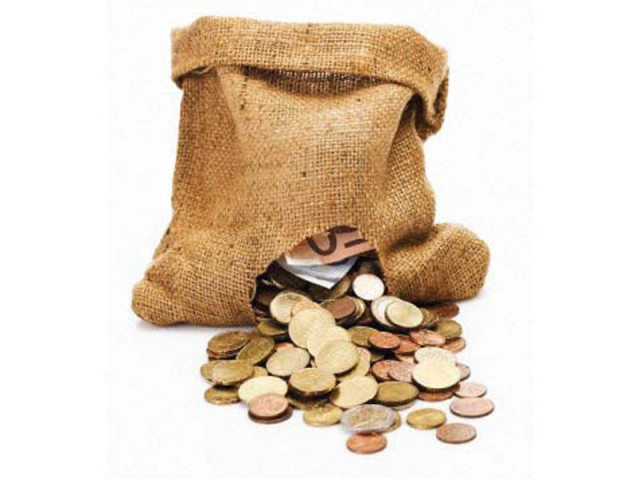Inequitable: ‘Poor being forced to pay rich man’s due’
Speakers lambasts unjust tax laws, proposes solutions.

Speakers lambasts unjust tax laws, proposes solutions.
Unless citizens can push the government to tax the elite and go after tax evaders, they will have to bear the cost.
Taxation law experts spoke bitterly about Pakistan’s “discriminatory tax policies” at a seminar titled “Current Situation of Taxations Laws” on Saturday. They stressed that the only way to change the current flaws in taxation is to put pressure on the authorities to change the status-quo.
“The parliamentarians are never going to pass any law that takes money out of their own pockets,” said Appellate Tribunal Inland Revenue Member Ikramullah Ghauri, adding “the civil society must create the demand for taxing rich.”

Ghauri said less than one per cent of Pakistanis file their income tax returns and according to a study by the Pakistan Institute of Development Economics, the rich contribute only 0.3 per cent of the total collected taxes.
“Isn’t it (the percentage of taxes paid by the rich) shamefully low?” he asked rhetorically. “There is a total disconnect in the tax policy, the poor are heavily taxed but the rich are spared,” he added.
Ghauri said Pakistan’s current tax-to-Gross Domestic Product (GDP) ratio — 8.9 per cent — is the lowest in 35 years. He said this consistently decreasing ratio is due to discriminatory taxes, a narrow tax base and indirect taxes which put the tax burden on the poor.
An indirect tax, such as sales tax, is the kind of tax where consumers end up paying more for a product.
Speakers said tax exemptions, through Statutory Regulatory Orders, circulars and general orders, cost the nation around Rs185 billion and Rs200 billion in 2011-12 and 2012-13 respectively. They said weak enforcement, bureaucratic collusion, judicial complacency and lack of accountability has led to widespread tax evasion.
Supreme Court Advocate Munir Sadiq said, “Taxes are also supposed to help diminish the divide between the rich and poor, but that is not happening in Pakistan.”
Ashfaq Tola, a lawyer from Karachi, said rationalisation of tariff, curbing of discretionary powers and imposition of agriculture tax were some resolutions that can help Pakistan. He said taxation on agriculture alone can generate an estimated Rs40-50 billion but it is a provincial issue and, so far, only Punjab has promulgated agriculture taxes where the recovery has been less than one per cent.
The seminar was organised by Konrad-Adenauer-Stiftung.
Published in The Express Tribune, June 23rd, 2013.



















COMMENTS
Comments are moderated and generally will be posted if they are on-topic and not abusive.
For more information, please see our Comments FAQ